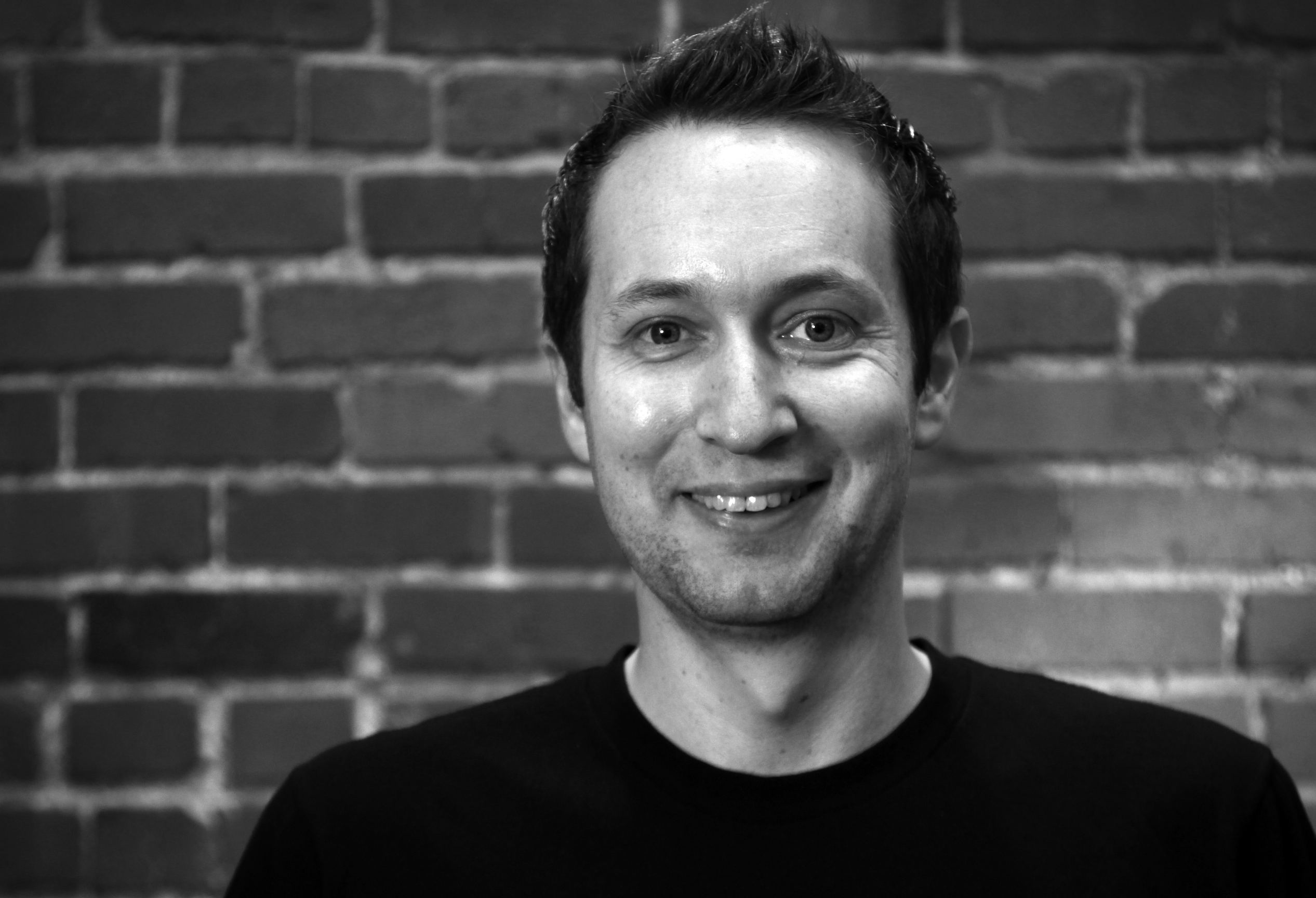Craig Walker – 36
Chief Technology Officer
Xero
New York
What are the key challenges you see firms facing over the past few years?
I see many accounting professionals and firms still spending a lot of time doing lower-value, non-billable work such as data entry, managing software version mismatches or filing paper documents. The cloud offers a massive opportunity for accounting professionals to break away from 20 years worth of broken processes and wasted time and focus on higher value work.
In particular, with advancements in cloud technology, accounting professionals and firms now have the opportunity to de-commoditize their services and deliverables. This means breaking away from an hourly rate or standard fee for tax, accounting and financial statements and moving to a more value-based offering and pricing model. Not only will this make them more profitable but it fosters more satisfying client relationships.
To what extent have you and your practice/company embraced cloud computing?
My company, Xero, provides both cloud accounting and practice management platforms for accounting professionals and small businesses. As one of the founders and CTO, I helped start the company and create the product. We were born of the cloud – it’s embedded in our DNA and we use cloud tools in our everyday operations to run Xero. In fact, we used Xero to manage our own finances for the first five years until we had about 500 employees. We utilize the cloud wherever we can. We’re using Google Enterprise products such as Google Docs, Gmail and Hangouts for productivity. We use Yammer as our internal social network. We use cloud computing for all our development and testing infrastructure (including using GitHub Enterprise for our source control). This cloud infrastructure helps our employees collaborate and communicate effectively with our customers and their colleagues across different time zones and countries. We’re a global company but the cloud brings us closer together.
In what ways have you contributed to your firm/company to make it a better place?
As one of the founding members of Xero my initial job was to not only build the early incarnations of the Xero product, but to also build up a team that would enable us to scale quickly. Our culture is extremely important to what we do and I’m proud of the fact that most of the initial people we hired still continue to work at Xero – a testament to the quality of those people and our focus on hiring for culture.
I have since started the US operations in 2011 with a similar goal – hire good people and grow the team for scale. When we started in the US we had 3 people and now we have over 150 across multiple cities and states.
In what ways do you participate in either the professional community or your local community to help others?
I try to tell the Xero story as much as possible at events and conferences. I speak to software engineers about what it takes to build a global company at scale – trying to provide as much information on what I’ve learned and the mistakes that I’ve made so that they know it’s ok to make them as well. I also try to speak at professional accounting events as much as possible educating accounting professionals about the benefits of the cloud and what the cloud really means and the opportunities it presents.
I also invest and advise other start-ups particularly in the SMB space – providing both technical direction but also strategic advice on how to grow their company.
What major changes do you foresee in the accounting profession of the near future (3-5 years)?
Over the next few years, I see accounting professionals and firms moving away from compliance to becoming more strategic advisors who act as virtual CFOs and give insight into what the numbers actually mean to a small business owner or client.
This is now possible as cloud technology significantly reduces or even eliminates the need for data entry. As technology is built out, there is more third party software and better integrations between software that does different business and financial management tasks. You will only enter data once and it will seamlessly spread throughout your entire platform. For example, accounting software such as Xero has direct feeds from banks – making it easy to reconcile without needing to re-enter any data.
With less time spending entering data and crunching numbers, accountants will increasingly need to be strategic advisors. What we know from talking to our small business customers is that they don’t value data entry or even tax preparation – what they value is an understanding of what the numbers actually mean and how they can grow their business. Increasingly, the accountant’s role will be to become a strategic advisor where you’re actually partnering with a business owner to create impact and make it more successful.
All of these changes will increasingly push the profession into a new personality trait. Accountants will no longer be just the behind the scenes people, they need to be people people. Business owners want you to be on their team, they want to collaborate. So accountants are going to have to learn learn how to collaborate, learn what their clients needs are and how to help.
How do you see yourself participating in shaping the future of the accounting profession?
I helped create Xero so that accounting professionals can use our cloud accounting platform to move from offering compliance or commodity-type services to value-added, virtual CFO type services. While other accounting software vendors have now moved into the cloud, I believe that Xero was the true pioneer of cloud accounting and has been the driving force in moving the entire industry down that path. I am truly humbled by our position in the industry and that the software I helped create has had such an impact.
Along with offering the cloud platform to do this, a large part of what I and my colleagues do at Xero is about educating accounting professionals on how to use Xero effectively to serve their small business clients and make the transition from offering commodity to value based services. We provide education online via webinars and videos on Xero U as well as via live events across the country that help people make the transition to the cloud, create strategic business and marketing plans around value-based services and transition their entire firm to the cloud after relying on desktop software for many years.
What is your career philosophy?
To build software that has a positive impact on the people that use it.
Not including your current employer, what company do you most admire and why?
Apple. I’m obsessed with how good product design can literally change the world and Apple have been doing that since the very beginning – even though their massive success is relatively recent, products like the Apple II, the original Macintosh, even the Newton, were massive leap forwards in innovation. Silicon Valley has traditionally been an engineering led culture but Apple has always been design driven.
Business people have been trained to think that engineering is the way to make better products, so they aim to make products that are technically superior. The reality is customers don’t care how technically advanced your product is. People want products they can love, that make them smile every time they use it because it anticipates what they want and it works beautifully every time.
I love the idea of trying to change something that doesn’t seem broken – people are often apathetic to the products and services they use and are blind to the fact that there might be better ways to do those things. It’s a key reason why Xero exists.
I believe technology can have a massive impact both at a micro and macro level. But ironically it’s when the technology gets out of the way that makes technology seem magically. That’s the key to good design.
Describe one person who has been an important mentor to you and how that person helped change your life.
Xero’s CEO Rod Drury has definitely had the biggest impact on my professional career. I first worked with Rod when I came out of university in the late 90s – his energy, his drive and his passion for software had a massive effect on me. It was through him that I fell in love with the Web – the opportunities were suddenly endless for innovation and it’s all I wanted to do was create software for the web.
Even when Rod and I weren’t working directly together he was always able to provide advice or point me in the right direction to advance my career. It was 2003 when he first mentioned the strategy of what would become Xero – and it was at his 40th birthday party when he told me that I started on that next Monday!
I’ve never been an accountant or had previously done anything in the accounting space. But it was his passion for the accounting industry in particular that led me to join him in starting Xero in the first place. I believe Xero is unique in that it’s not trying to disrupt an industry in a way that negatively affects any existing player (in this case either the small business community or the accounting community) – Xero has created an environment where both can be winners. This is solely due to Rod’s focus and vision – it’s true leadership and it’s been a privilege to have a front-row seat to his success.
Read more about this year’s 40 Under 40 Honorees.
Thanks for reading CPA Practice Advisor!
Subscribe Already registered? Log In
Need more information? Read the FAQs




